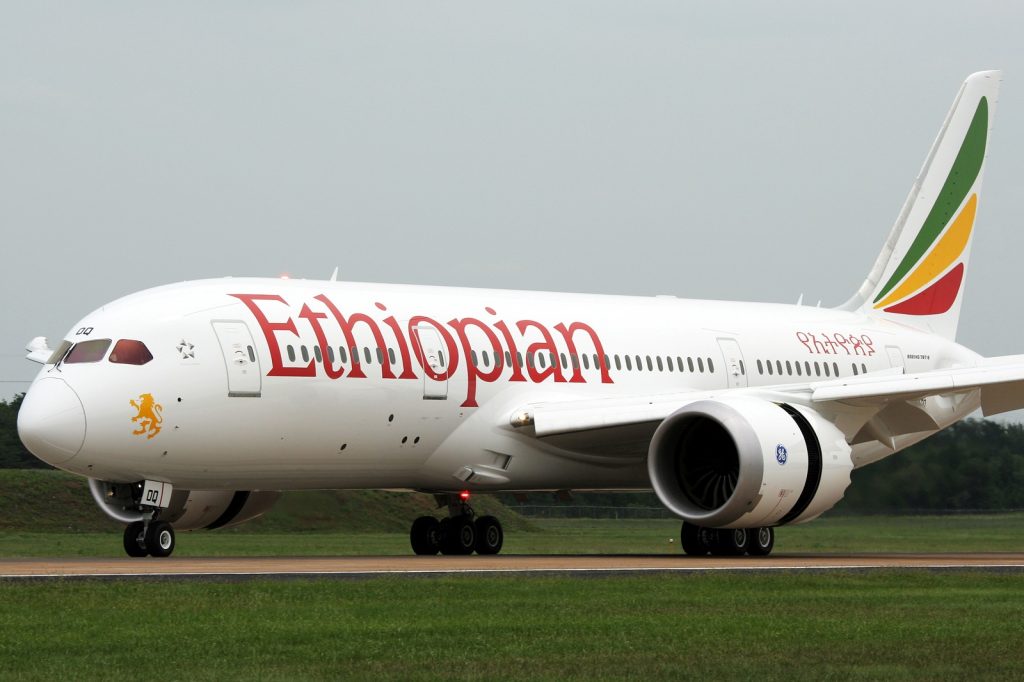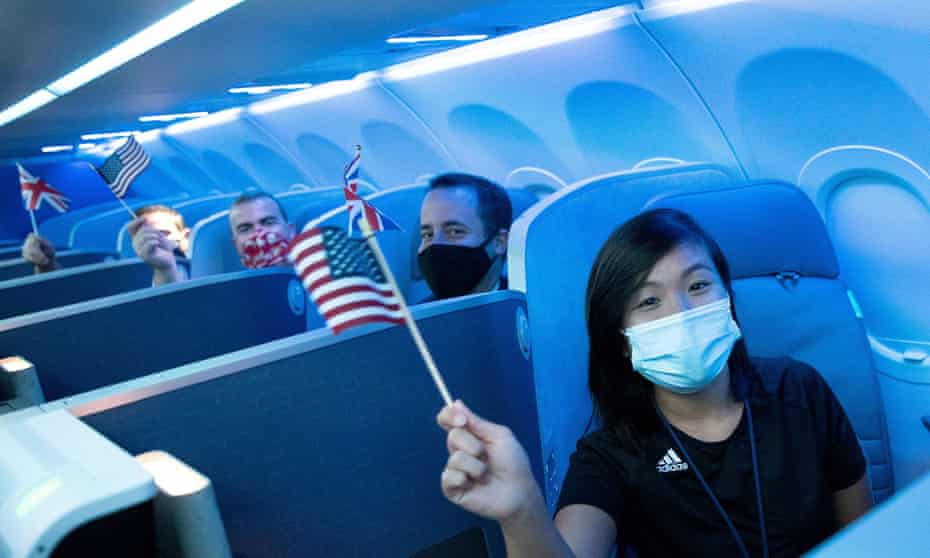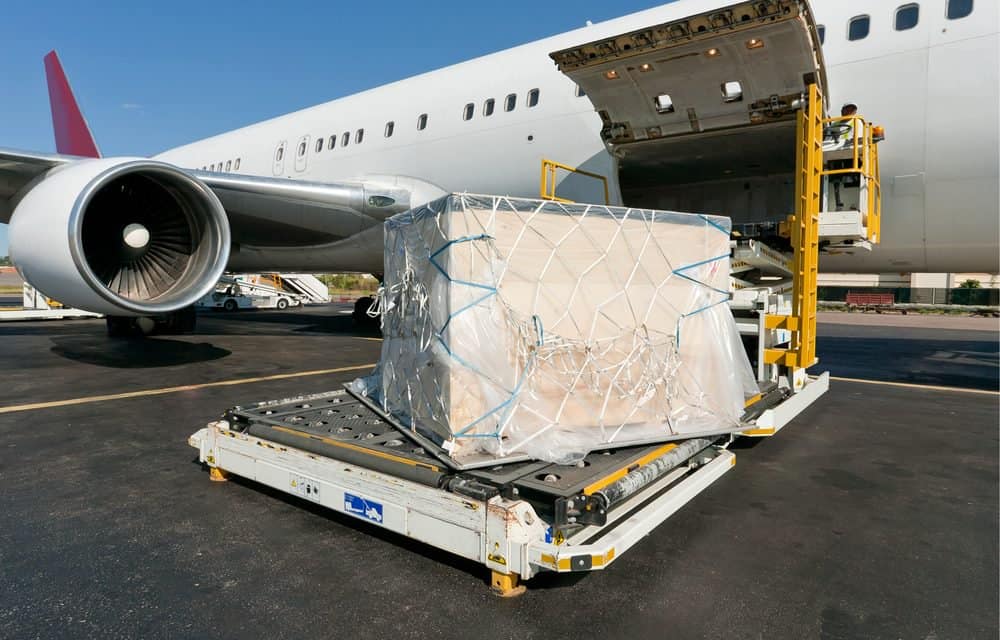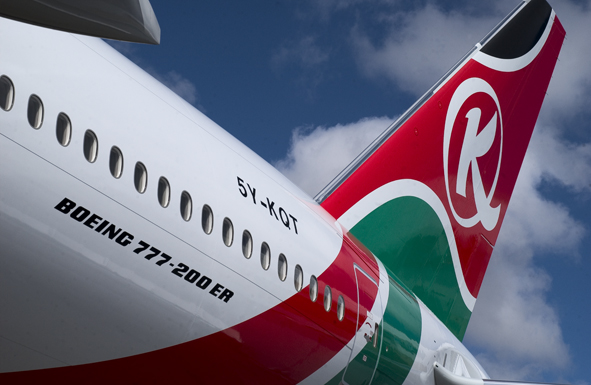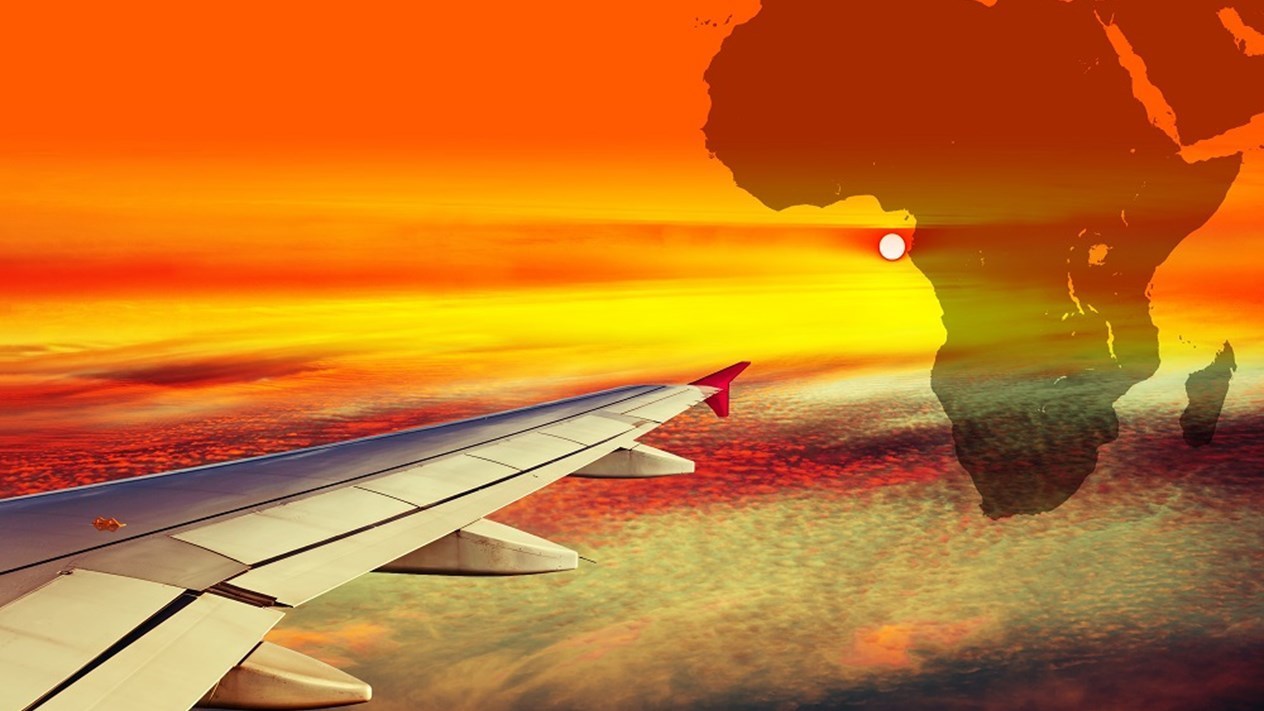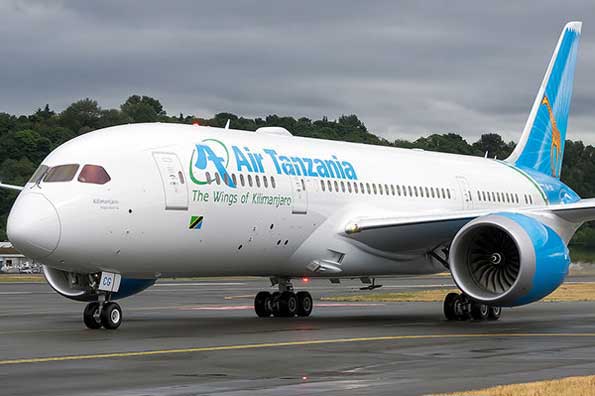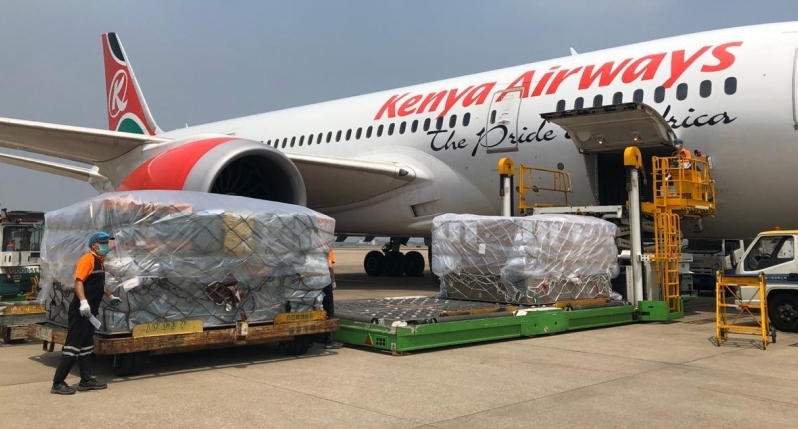Ethiopian Airlines is establishing its presence in more than six African countries through a management role or strategic partnership with the local carriers, making it a dominant player in the continent.
The move is set to give East African carriers such as Kenya Airways (KQ) a run for their money.
KQ will particularly feel the pinch as increased competition will likely make it harder for the carrier, which is in a deep financial mess, to fly back to profit territory, not to mention its goal of reclaiming its lost glory as the “Pride of Africa”.
Next month, the Ethiopian carrier is expected to launch Air Congo, the latest in the string of airlines where it is acquiring stakes as African countries move to revive their ailing national carriers.
Ethiopian Airlines will operate both the medium and long-haul fleet in DRC, which will comprise De Havilland Canada Dash 8-400s, Boeing 737s and two 787s.
The Addis-based carrier is also involved in starting a new airline in Zambia, which is expected to be up and running next month. Ethiopia will hold a 49 percent stake while Zambia will have a controlling stake of 51 percent.
“We just signed an agreement with the government of DRC, which owns 51 percent of the airline and 49 percent is with us,” said Tewolde GebreMariam, the airline’s chief executive officer in an interview with an aviation online magazine.
Ethiopian Airlines also plans to restart operations of the Mozambique carrier after terminating the services in May on the back of Covid-19 that impacted negatively the aviation sector.
Ethiopian Airlines has strategic partnerships with ASKY in Togo, Malawian Airlines and Chad-based Tchadia Airlines. It also has a management contract with Ceiba Intercontinental in Equatorial Guinea.
Ethiopian Airlines, which is also keen on setting up an airline in Nigeria, had started talks to help in the revival of South Africa Airways but was not selected by the carrier.
However, the airline signed an interline agreement with Johannesburg-based Airlink. Ethiopian Airlines says that its contract with Airlink will allow passengers seamless travel on a single ticket on any of the two carrier’s networks.
DRC, which has for years been underserved by airlines, has recently recorded an increase in the number of carriers that have launched flights on the route.
For instance, budget carrier Jambojet recently introduced flights to Goma to capitalise on high demand for air travel between Kenya and DRC. Last month, RwandAir also introduced flights to Congo, highlighting the high interest that carriers have on that route.
The Jambojet inaugural flight to Goma was on September 10, starting with two frequencies weekly. This is set to grow to four weekly, flying on Monday, Wednesday, Friday and Sunday.
DRC market is currently served by the national carrier Congo Airways, which flies to eight domestic destinations, including Goma, Kinshasa and Lubumbashi.
Lubumbashi is the second-largest city and mining capital in DR Congo. It is also rich in fertile soil for agriculture which calls for many investors.
MoU
Kenya Airways in April signed a Memorandum of Understanding with Congo Airways to collaborate, strengthen, and bolster aviation ties between Kenya and The Democratic Republic of Congo.
The signing of the cooperation was witnessed by President Uhuru Kenyatta and his Congolese counterpart Félix Tshisekedi during Mr Kenyatta’s three-day State visit to DR Congo.
Kenya, just like many other countries, is looking to leverage on the DRC market by diversifying its export destinations, particularly when the Covid-19 induced disruption has brought into focus the need for deeper inter-regional trade.
The airline is taking advantage of the huge opportunity the African market has to offer, and the rising demand for air connectivity in the region.
Source: The East African

